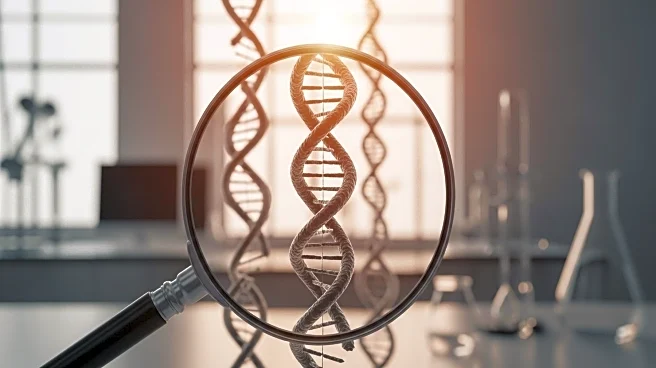What is the story about?
What's Happening?
A recent study has uncovered a unique DNA repair mechanism in naked mole rats that may explain their exceptional longevity. Conducted by researchers at Tonji University in Shanghai, the study focused on the DNA repair process, which is crucial for maintaining genetic integrity. Naked mole rats, known for their long lifespan of up to 40 years, possess a protein that aids in repairing DNA strands, contrary to its function in humans where it hampers DNA repair. This discovery could provide insights into the mole rats' resistance to age-related diseases such as cancer and arthritis.
Why It's Important?
The findings from this study could have significant implications for understanding aging and developing treatments for age-related diseases. Naked mole rats' resistance to cancer and other diseases may offer clues for enhancing human health and longevity. By studying the mole rats' DNA repair mechanisms, scientists hope to uncover strategies to improve human DNA repair processes, potentially leading to breakthroughs in cancer treatment and age-related disease prevention.















